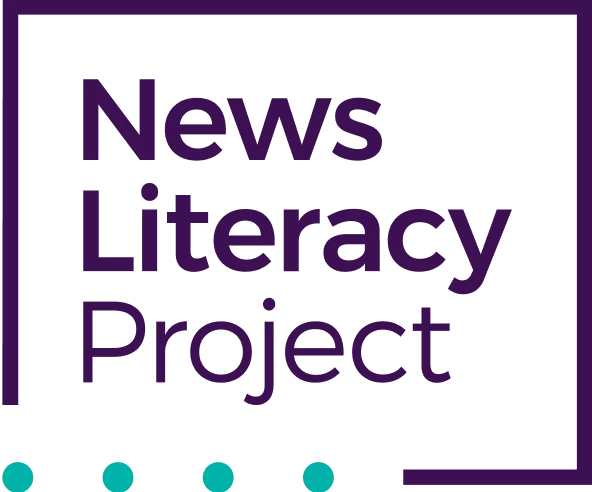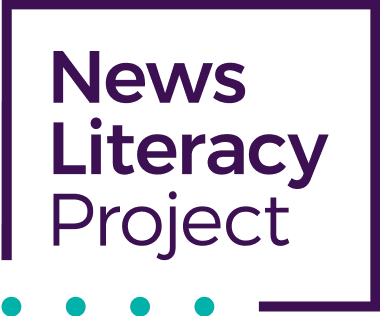Poynter Institute is the News Literacy Project’s new partner and administrative home
Poynter will help NLP achieve its goal of building a national program that brings journalists into middle schools and high schools to help students sort fact from fiction in the digital age. It will serve as the nonprofit umbrella organization for NLP by providing bookkeeping, payroll, insurance, auditing and other financial services.
Poynter, based in St. Petersburg, Florida, will replace the Tides Center, which has had those responsibilities in NLP’s initial year. NLP’s headquarters will remain in Bethesda, Maryland.
“We applaud the project’s mission to give students the tools to be smarter, more frequent consumers and creators of credible information,” Poynter President Karen Dunlap said. “And we are proud of the many journalists and journalism organizations that have agreed to give time and resources to help students become well-informed citizens and voters in our democracy.”
“The Poynter Institute’s mission to train journalists and elevate public appreciation of quality journalism is a perfect match for us,” said NPR President Vivian Schiller, who chairs the NLP board. “We could not be more pleased to have Poynter as a partner.”
The New York Times, ABC News, USA Today and other major journalism organizations have endorsed NLP, and more than 55 journalists, including national and foreign correspondents, book authors, television news correspondents and Pulitzer Prize winners, have enrolled as volunteer participants. NLP plans to launch pilots in middle schools and high schools in New York City and Bethesda next month.
NLP will retain control of its program but will collaborate with Poynter where the two organizations share interests. This could include working with the institute’s online training arm, NewsU; partnering with Poynter’s high school journalism program in St. Petersburg; and joining forces to promote news literacy. Poynter has offered to connect the project with journalists whom it has trained and teachers who participate in its online education program. The Poynter Institute has a long tradition of working with students and high school journalism programs.
Roy Peter Clark, Poynter’s vice president and aenior scholar, will join the News Literacy Project’s board. He has worked at Poynter since 1979 as director of the writing center, dean of the faculty and associate director. He has worked with journalists and taught writing in more than 40 states and five continents and is widely considered one of America’s most influential writing coaches. He is the founding director of the National Writers’ Workshops, regional conferences that attract more than 5,000 writers annually.
Nelson Poynter, the publisher of the St. Petersburg Times and Congressional Quarterly, founded the Modern Media Institute in 1975 as a financially independent, nonprofit organization that would further his goals and values. The institute was named for him after his death in 1978. Its mission is to stand for “a journalism that informs citizens and enlightens public discourse.”
Poynter’s distinguished resident and visiting faculty offer courses and seminars that focus on discussions, case studies, role-playing and exercises. The News Literacy Project intends to take a similar approach in the curriculum that it is designing.





